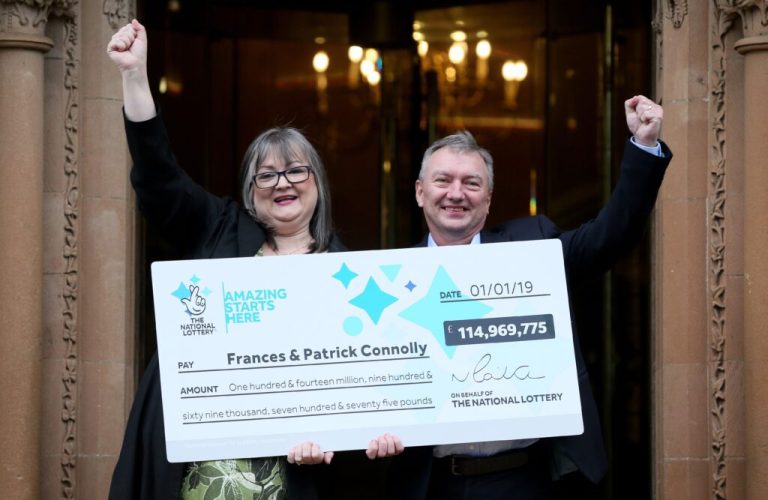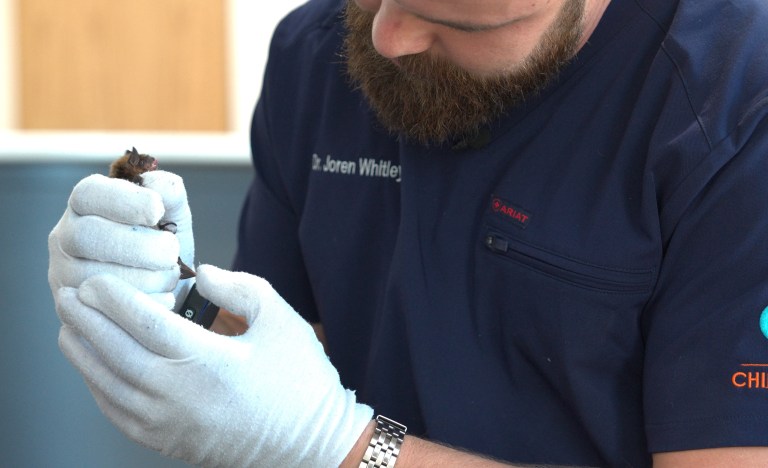Five milliliters of metaphor, two tablets of iambic pentameter, and a spoonful of symbolism: That might be the prescription you pick up at the Poetry Pharmacy, a London bookstore centered on the power of verse to heal all manner of emotional afflictions.
Its shelves are lined with books categorized by emotion — calm, comfort, words for love — as well as vials of “Poemcetamol” capsules containing tiny scrolls for everything from exhaustion to existential angst. A cheeky glass cabinet emblazoned with a skull and crossbones and the word “poison” holds the dangerous stuff, while a cafe within the store doles out coffee and cakes.
@secret.london The Poetry Pharmacy might just be our favourite new opening in London! This cute bookstore and coffee shop prescribes poetry instead of medicine 💊📚 @PoetryPharmacy
♬ Bridgerton (Wildest Dreams) – The Theme System
The second Poetry Pharmacy branch to open (the original is in Bishop’s Castle, Shropshire), the unconventional apothecary set up shop in late spring in collaboration with the bath and body brand Lush. It’s located on the ground floor of the cosmetic retailer’s location on Oxford Street, so customers can head upstairs for more self-care selections after browsing.
“Whether you are suffering from the stresses of the modern world or the pain of a broken heart or simply need a tonic for the spirits, the Poetry Pharmacy has a poetic remedy for you,” reads a Lush press release.
The stores are the brainchild of Deb Alma, who for years drove around dispensing stanzas out of a vintage ambulance as the “Emergency Poet.” In an interview with Positive.News, she said improving access to the artform is her “reason for all of it.”
“There’s something that poetry does that no other art can quite do,” Alma told the outlet. “It goes very quickly to the heart of something … as though speaking intimately from one person to another, very, very directly.”
“At weddings and funerals, it’s a poem that’s read,” she added. “It’s the art that people in states of heightened emotion turn to.”
The idea that poetry heals has some backing in science, too. Per the International Arts + Mind Lab, a neuroaesthetics initiative out of the Johns Hopkins University School of Medicine, research has demonstrated its effectiveness as a health care intervention time and again.
One 2021 study showed that when pediatric hospital patients were given the opportunity to read and write poetry, their feelings of fear, sadness, anger, worry, and fatigue decreased. And a 2019 review found that poetry therapy may increase empathy and decrease burnout in health care workers.
Other research points to poetry’s ability to improve quality of life for cancer patients and reduce symptoms of secondary post-traumatic stress disorder in domestic violence counselors.
And gone are the days when poetry only appealed to a select few literature lovers. Thanks to social media, where poets like Rupi Kaur have risen to fame, the artform has experienced a surge in both popularity and sales. But for Alma, there are still plenty of people she’d like to reach with the Poetry Pharmacy.
“I’m trying to get people who don’t normally read poetry to encounter it,” she told Positive.News.
“I see our poetry as a gateway drug,” Alma added, telling the interviewer: “Sorry, I’m full of terrible puns.”
RELATED: “Poetry in Motion”: Portrait Collection Highlights Nearly 100 of America’s Endangered Languages











